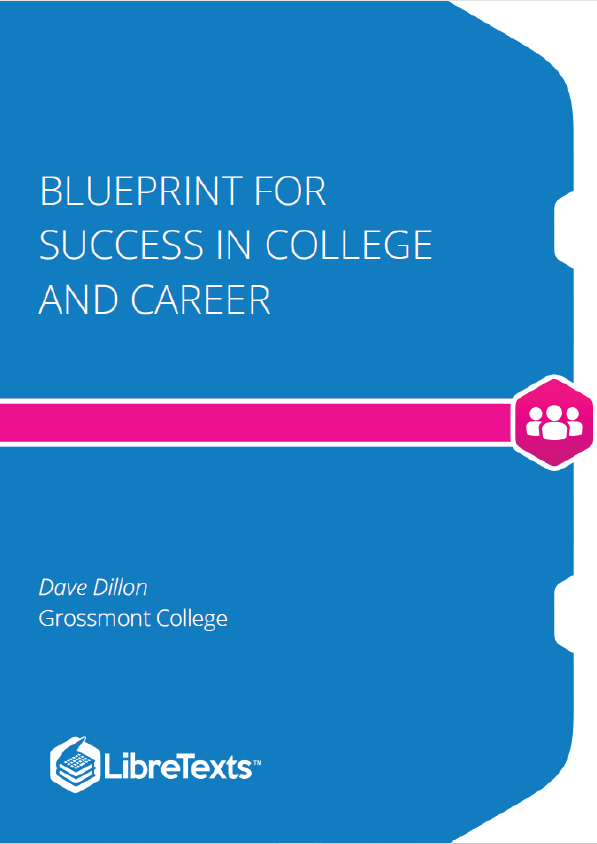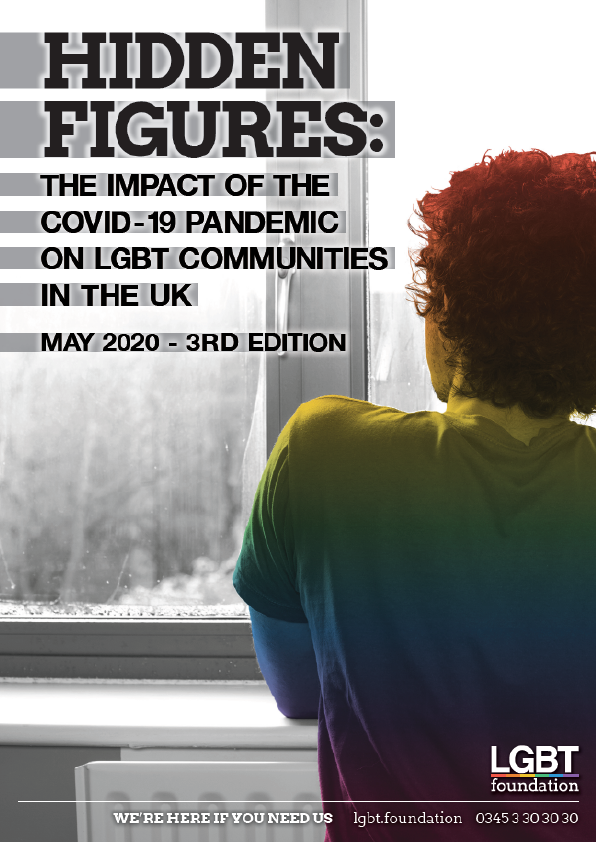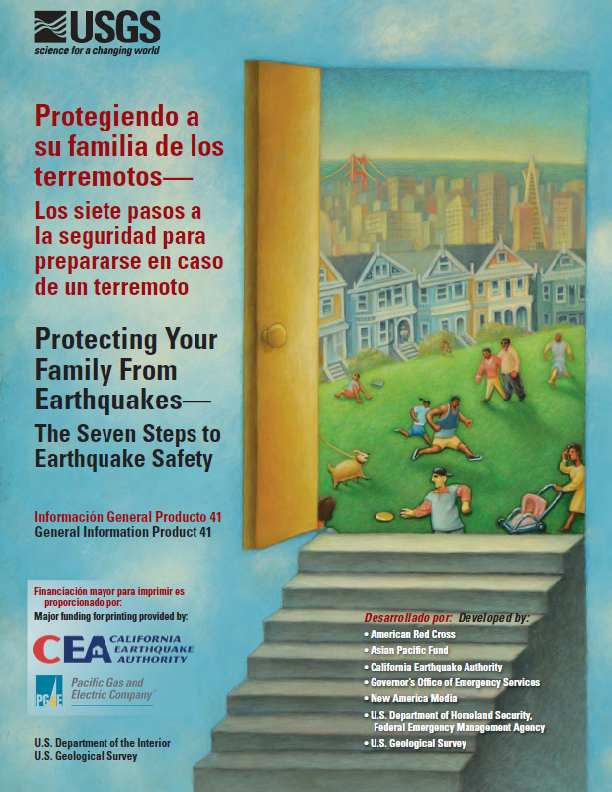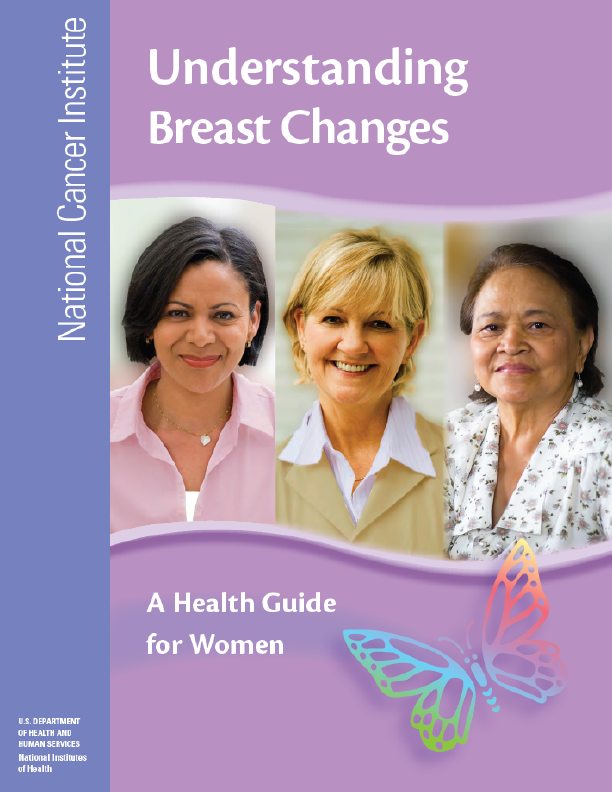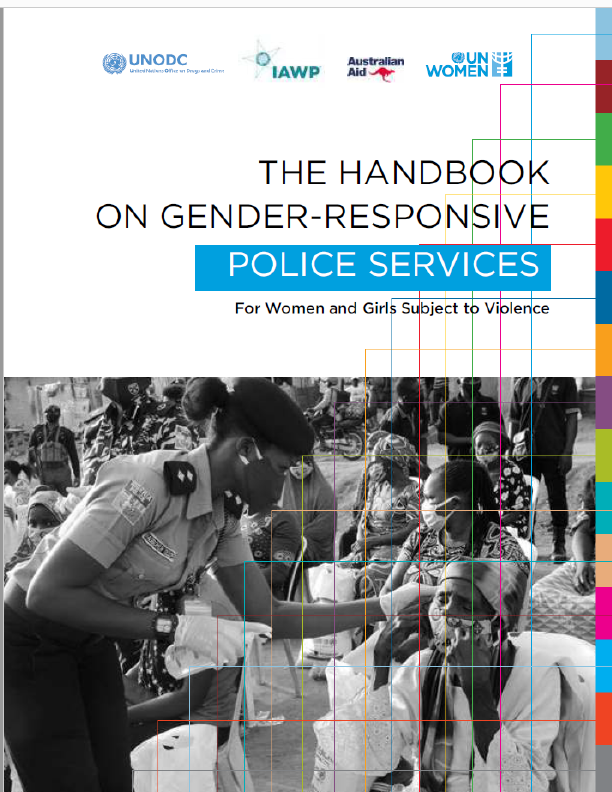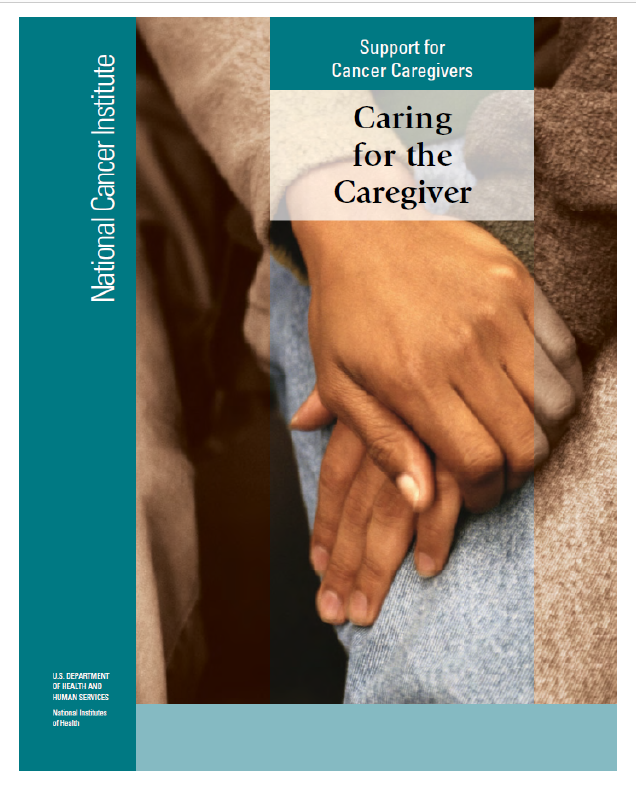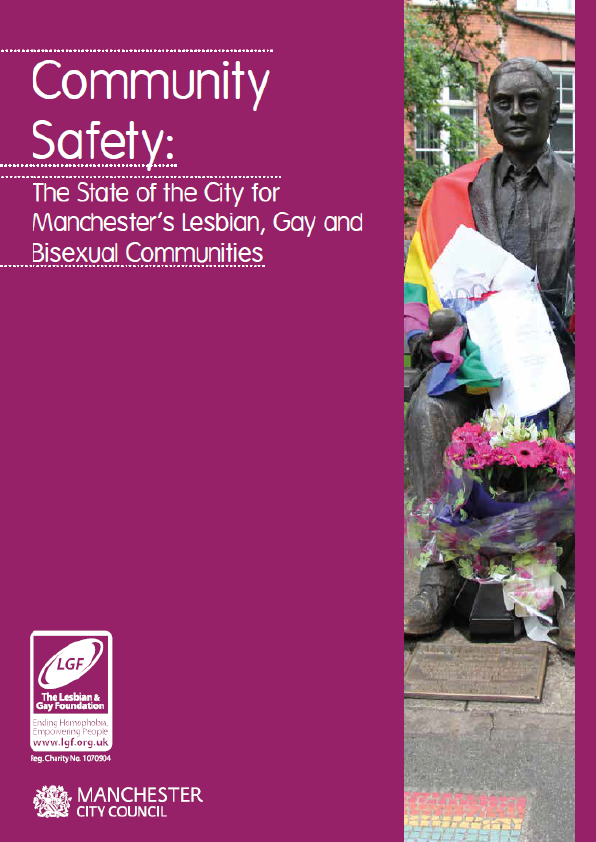Think about what you are passionate about. It might be family, friends, a significant other, a pet, an upcoming vacation, or what you might have for dinner. Different people are passionate about different things. Ask yourself: Why are you passionate about those things? What makes you passionate about them? Now ask yourself if you are passionate about school.
What’s college for? That’s a little question with a big answer! A college education comes in many shapes and sizes. In 2014, according to the National Center for Education Statistics, there were over 4,700 different post-secondary degree- granting institutions in the United States.
These schools may be public, private, religious, small, large, for-profit, community colleges, junior colleges. Considering the variety of college options, there is no single answer to the question, “What is college for?” Brenda Hellyer, Chancellor of San Jacinto College in Houston and Pasadena, Texas, wrote in the Chronicle of Higher Education that students “are seeking more than an education—they are seeking options, opportunities, and guidance.”
What impression does this TED Talk leave you with? Which generation are you?
An article from 2015 in the Washington Post, What’s the purpose of college: A job or an education? says that students entering college today list getting a better job as the most important reason to attend college. In the past, learning about things that interested them was listed as the top reason to attend college. When did the change in priority occur? Dan Berrett says the change in priority can be linked to Ronald Reagan, when he was Governor of California.
Economic times were tough in 1967 for California. Everyone needed to “tighten their belts.” At that time, California was known for its excellent higher educational system. In a speech Reagan gave on Feb. 28, 1967, a month into his term as Governor, Reagan assured people that he wouldn’t do anything to harm the quality of their public education system. “But,” he added, “We do believe that there are certain intellectual luxuries that perhaps we could do without.” Taxpayers should not be “subsidizing intellectual curiosity,” he said. By the time Reagan won the presidency, in 1980, practical degrees had become the popular choice. In the 1930s, around the time Reagan went to college, about 8% of students majored in “business and commerce.” When he was elected Governor, that share was 12%. By the time he moved into the White House, more students majored in business than anything else. Business, as a major, has held that top spot ever since.
